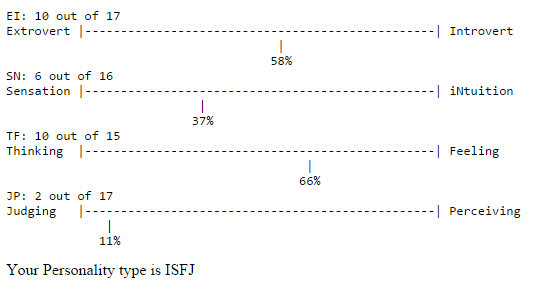Let’s face it: paying for university is no easy task. Whether you are on OSAP, paying for it on your own, or getting some help from parents and family, everyone wants to save a little bit of money. Over my years at Lakehead I’ve learned a lot about how to save money at University, and I’d love to share some of my tips with you!
I am privileged to have the majority of my tuition paid for by scholarships and bursaries – but it’s no easy task and takes a lot of hard work, so here are my tips to you:
1. Entrance scholarships and awards. In my opinion, Lakehead’s entrance scholarships are one of their greatest assets. If you are a student coming out of a Canadian high school, you are automatically eligible for an entrance scholarship. The amounts range from $3,000 (over 4 years) to free tuition, depending on what your final average was in high school (you can read more about the levels here: https://www.lakeheadu.ca/future-students/scholarships/entrance-scholarships-awards). Just keep in mind that if you are granted one of these scholarships, you’ll need to maintain an 80% average (90% for free tuition) during your four years at University. I really hope that Lakehead keeps these scholarships for a very long time, because they are really helpful to students and a great incentive to come here!
2. High school bursaries. I don’t know where you are coming from, but in my high school, my guidance office has tons of awards and bursaries that we could apply for before graduation. They ranged from $50 to a couple thousand, and definitely helped with my schooling. If you are from Thunder Bay or the surrounding area, you may also be eligible for the Northwestern Ontario & Simcoe County Citizenship Scholarship (https://www.lakeheadu.ca/future-students/scholarships/northwestern-ontario-simcoe-county-citizenship-scholarships).
3. In-course bursaries. A lot of people don’t realize that every year in the fall/winter, Lakehead comes out with a list of different awards and bursaries. Some of them you literally fill out a budget form (your costs and income), and are awarded bursaries based on your financial need. It’s that easy. Some of them require writing a short paper, essay, or reason why you should be chosen; I highly suggest doing these, even if you aren’t 100% sure you are eligible. A lot of students don’t want to go that extra mile and write a small (less than a page, usually) blurb, making you more likely to receive that scholarship! Look out on your MyInfo homepage (it’ll usually say something like “Fall/Winter Bursary Application Available) for when these awards come out! Many of these are also available to International students, which is a huge plus!
4. OSAP 30% tuition grant. If you are already on an OSAP loan, the 30% off your tuition will already be taken off your loan amount. However, if you are not on OSAP, you can still apply for the 30% tuition and get a cheque in the mail in the winter and spring for roughly $900 each. You must apply for this. You can apply for the tuition grant here: http://www.ontario.ca/education-and-training/30-off-ontario-tuition.
5. Buy used textbooks. I’m always wary about saying this, mainly because it doesn’t always work out to be cheaper. For example, if your class requires an online code (to do online homework), chances are your used textbook doesn’t come with one as they are one-time use. Considering the codes themselves are usually $90+ and the Bookstore textbooks already (usually) come with them, used textbooks can actually cost more. Not to mention the Lakehead bookstore gives back all their final profits to awards and bursaries, so the money is coming back to us students anyways. Still, buying the odd used book here and there will save you money. Also, reselling your books when you are finished with them can also give you money for next year’s books!
If you are interested in buying/selling used books, there are quite a few Facebook pages (just search “Lakehead textbook”) and Kijiji dedicated to this.
6. Get a job on campus. Incoming students may not even want to think about working their first year; I don’t blame them! But let’s face it, working does help you with grocery and spending money. Not to mention you can work during the summer, too! There are tons of jobs off and on campus, but I definitely suggest trying to find one on campus. Because they know you’re a student, your boss most likely won’t load you with 40 hours of work per week, and will understand will exams and term papers come around. Some on campus jobs include tour guide (like me!), receptionist, research assistant, teaching assistant, and more! You can find a listing of current job postings at: https://mysuccess.lakeheadu.ca/home.htm.
I’ve probably missed a lot, but I’ll keep you guys updated on any more tips I might have! I hope that you’ll explore this list and try to apply for some of the things I mentioned. Keep in mind that awards are not just given to student with high marks; of course, this helps a lot, but a lot of them are based on volunteer work, heritage, financial need, and more! So keep your eyes peeled for awards, bursaries, jobs, and anything else that might save you money!
I hope this eased your mind a little about paying for school, and gave you some helpful suggestions to knock a bit of the cost of coming here! Talk to you all soon!
